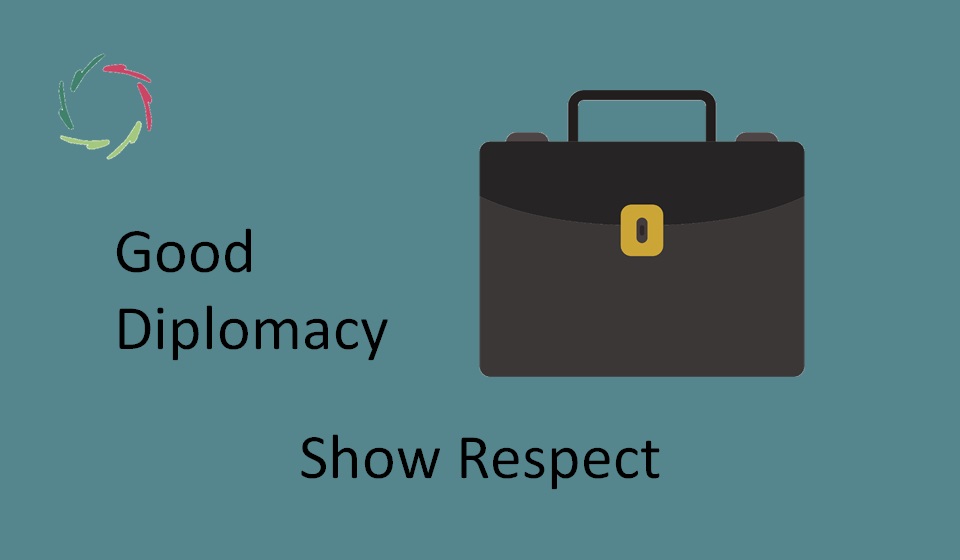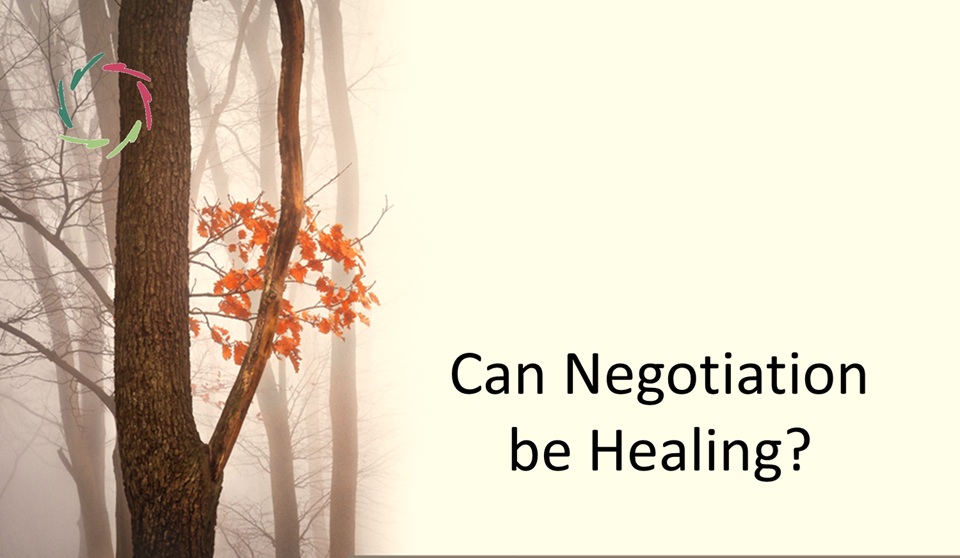Show Respect: Always Maintain Respect for the Other Party, Regardless of Differences

By consistently showing respect in diplomatic interactions, diplomats and negotiators can create a more positive and productive environment.
Showing respect involves recognizing the dignity and value of the other party, even when there are significant differences in opinions, beliefs, or interests.
―
BEFORE TAKING THIS IN, PLEASE FIRST READ ‘TEN TIPS FOR GOOD DIPLOMACY’!
This is the second tip of the series.
―
Key Aspects
Acknowledge differences
- Recognize and address the differences between parties without judgment.
- Example: “We come from different backgrounds and have different perspectives, but we share a common goal of finding a solution.”
Seek to understand before being understood
- Prioritize understanding the other party’s viewpoint before presenting your own.
- Example: “Can you help me understand your position on this matter? I want to make sure I fully grasp your concerns.”
Acknowledge the other party’s perspective
- Recognize that the other party’s views and concerns are valid, even if you disagree.
- For example, “I understand that this issue is very important to you.”
Use polite language
- Avoid using derogatory terms or dismissive language.
- Use phrases like “please,” “thank you,” and “I appreciate your input.”
Be punctual and prepared
- Arrive on time for meetings and be prepared with relevant information.
- Demonstrates that you value the other party’s time and the importance of the discussion.
Maintain professionalism
- Dress appropriately and conduct yourself in a manner that reflects professionalism.
- Professional demeanor underscores your seriousness and respect for the process.
Avoid interruptions
- Allow the other party to speak without interruption.
- Shows that you respect their right to express their views.
Acknowledge achievements and contributions
- Recognize the other party’s efforts and contributions to the discussion or issue at hand.
- For example, “Your team has made significant progress on this initiative, and it’s commendable.”
Express gratitude
- Thank the other party for their time, efforts, and contributions.
- Example: “Thank you for sharing your insights today. I appreciate the opportunity to discuss these important issues with you.”
Examples
International peace talks: During peace negotiations between two countries with a history of conflict, one party may feel their grievances are not fully acknowledged. A respectful diplomat might say
- “We recognize the suffering your people have endured and the importance of addressing these historical grievances. Let’s work together to find a path forward that honors both our histories.”
Trade negotiations: In a trade negotiation, one country might propose a regulation that the other finds challenging. A respectful response could be
- “We understand that this regulation is a critical part of your economic strategy. Let’s explore ways we can address your concerns while also finding a solution that works for both of us.”
Community diplomacy: In a community meeting about a contentious development project, residents express strong opposition. A respectful approach might be
- “We hear your concerns about the project’s impact on your community. Your feedback is valuable, and we want to ensure we address these issues in our planning process.”


